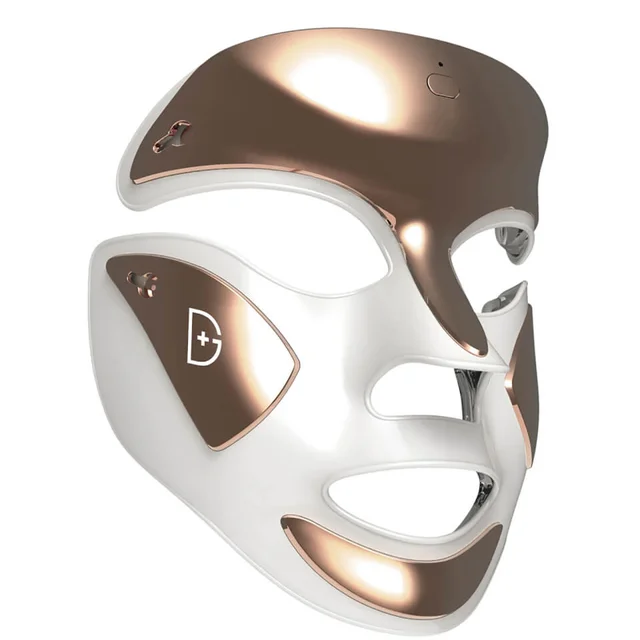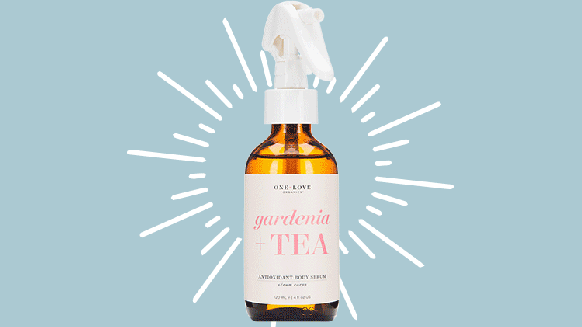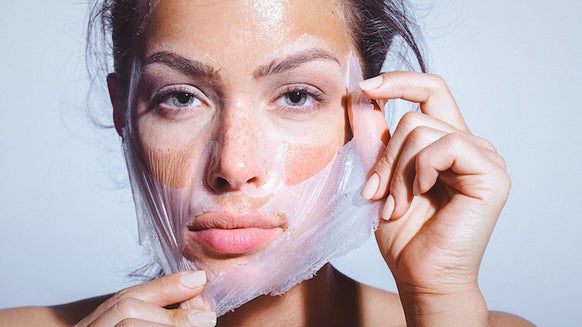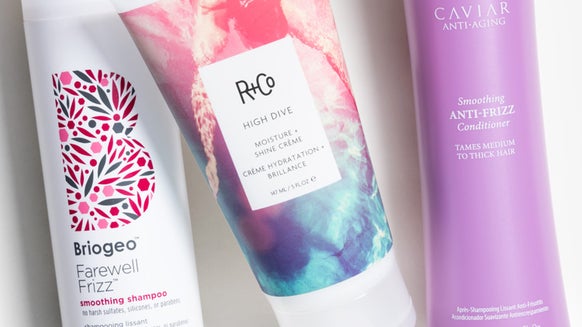Hyperpigmentation: Why It Happens and How to Treat It Based on Your Skin Tone
If you struggle with dark spots and discoloration, you’re not alone. “Seventy percent of my patients have hyperpigmentation,” says Dr. Dennis Gross, board-certified dermatologist and founder of
If you’re suffering from hyperpigmentation, I am almost certain that you have done your research to learn exactly what it is and what causes it. You understand that the condition, in which your skin has become darker in certain areas due to an excess of melanin, can affect any skin tone. You may also have discovered that your particular case of hyperpigmentation may have been caused by sun damage, hormonal changes, acne or inflammation.
How Does Hyperpigmentation Affect Different Skin Tones?
Hyperpigmentation is serious stuff and requires serious care, but there are a few important points to first understand:
- People with darker skin are naturally more susceptible to dark spots. The skin is already creating melanin, which is what gives it a darker color, and when hormones or trauma trigger an increase in this melanin production, you are more susceptible to hyperpigmentation.
- Unfortunately, it is more difficult to treat dark spots in darker skin tones. You need to be gentle enough to ensure that you don’t irritate or inflame the skin to the point where you are causing post-inflammatory hyperpigmentation.
- Those with lighter skin tones have fewer limitations when it comes to treatments for hyperpigmentation, as their risk to overproduce melanin is significantly less. Lighter skin tones, however, are more likely to form dark spots as a result of sun damage.
The Best Way to Treat Your Hyperpigmentation
Knowing where to turn and what products to use to treat the cause of hyperpigmentation in your particular complexion can be overwhelming. I like to offer a few basic guidelines to treat your skin without increasing concerns.
For darker skin types, you should avoid in-office and at-home treatments that cause too much trauma to the skin. For example, I do not recommend the IPL laser or hydroquinone to patients with darker skin tones—both are considered by some to be top treatments for hyperpigmentation, but could actually worsen the condition.
In my experience, hydroquinone is too harsh a product for all skin tones and is a known skin irritant. It should be avoided, even if you have light skin. There is also a risk of increased pigmentation if it is used in high concentrations for long periods of time. Instead, I recommend a clinical-strength hyperpigmentation-correcting serum that does not contain hydroquinone.
The right combination of ingredients has been clinically proven to work as well and as quickly as prescription-grade 4% hydroquinone (previously the gold standard for at-home hyperpigmentation treatment). I recommend the following:
Vitamin C. This ingredient has a wonderful duality—it both brightens and firms the skin—while also helping to lighten pigmentation you might already have and prevent dark spots or sunspots from forming in the future. It reduces the activity of the enzyme that leads to production of pigment but also addresses the existing discoloration. Kojic acid. This acid inhibits and prevents the formation of tyrosine, decreasing melanin production, effectively lightening dark spots and hyperpigmentation. Arbutin. Naturally derived from bearberry, arbutin is known for being a powerhouse skin brightener. Arbutin is a naturally occurring derivative of hydroquinone and is believed to be one of the best alternatives to hydroquinone, as it provides the skin-lightening effect of hydroquinone without some of the risks. Like kohic acid, arbutin is also an inhibitor of tyrosinase. Lactic acid. Naturally derived from milk but also produced naturally by your body, lactic acid gently loosens the bonds between epidermal cells to exfoliate skin’s surface. This allows for increased penetration of vitamin C. It also naturally hydrates, reducing trans-epidermal water loss (TEWL) through the stimulation of ceramides and GAGS in skin.
In combination with a treatment serum, I also recommend adding a gentle chemical exfoliant to your regimen. This helps remove dead skin from the surface, which allows products you put on after to better absorb into skin. Always apply a sunscreen with an SPF of 30 or higher on all exposed skin and regularly reapply, especially after getting wet or perspiring. Finally, incorporate an antioxidant into your skincare regimen. This will further protect skin from damaging UVA/UVB as well as free radicals from pollution.
You should also wear protective clothing and accessories on overexposed areas, including long-sleeve shirts and wide-brimmed hats.
Talk to your dermatologist if you have concerns about hyperpigmentation. Combining consistent prevention efforts and effective treatment can minimize the overproduction of melanin and lead to a more even complexion, no matter what your skin tone.

From the latest hair and makeup trends to the best solutions for your skin issues, we've got all your beauty concerns covered!
Related Posts

How Your Hormones Affect Your Skin Before, During and After Your Period

Epigenetics: How Skin Care (and Other Lifestyle Choices) Can Affect Your Genes







